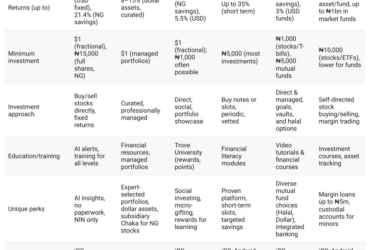The Kenya Revenue Authority (KRA) is planning to implement a new real-time tax system that will be able to connect with cryptocurrency exchanges. This integration will allow for the monitoring of cryptocurrency transactions and the collection of taxes on these transactions.
Kenya is home to a significant number of cryptocurrency users, estimated to be around four million, one of the highest numbers in Africa. In 2022, the total value of crypto transactions in Kenya was reported to be approximately $18.6 billion (KES 2.4 trillion), surpassing the transaction volume of some commercial banks.
The KRA intends for the new system to work in conjunction with cryptocurrency exchanges and marketplaces to track and record details of crypto transactions, including date, time, type, and value. The aim is to address the challenges posed by the current outdated system, which has made it difficult for the KRA to track and tax cryptocurrency transactions effectively.
Despite the lack of clear regulations from Kenyan authorities such as the Capital Markets Authority and the Central Bank of Kenya, the crypto sector has seen increased popularity, with platforms like Binance and Coinbase attracting users. Many crypto transactions in the country are conducted through peer-to-peer methods, with mobile money being a common payment option used to avoid regulatory oversight.
The KRA views cryptocurrency transactions as taxable income under section 3 of Kenya’s Income Tax Act and is working towards establishing an efficient system to ensure the effective collection of taxes on such transactions. The growing adoption of cryptocurrencies in Kenya has prompted the KRA to prioritize the development of mechanisms for tracking and taxing these transactions.
The high interest in cryptocurrencies among Kenyans is driven by factors such as low transaction fees, fast transaction processing, and widespread internet access in the country. Many individuals in Kenya hold cryptocurrencies as a means of preserving savings, for commercial activities, and for remittances to other regions like Europe and the US.
Efforts to regulate the crypto market in Kenya are ongoing, with proposals for capital gain taxes and excise duties on transactions being considered through amendments to the Capital Markets Act. These proposed regulatory changes aim to provide a framework for taxing crypto exchanges and transactions in the country.
Overall, the KRA’s initiative to implement a real-time tax system for monitoring cryptocurrency transactions reflects the growing importance of regulating and taxing the crypto market in Kenya to ensure compliance and revenue collection.

















Leave a Reply